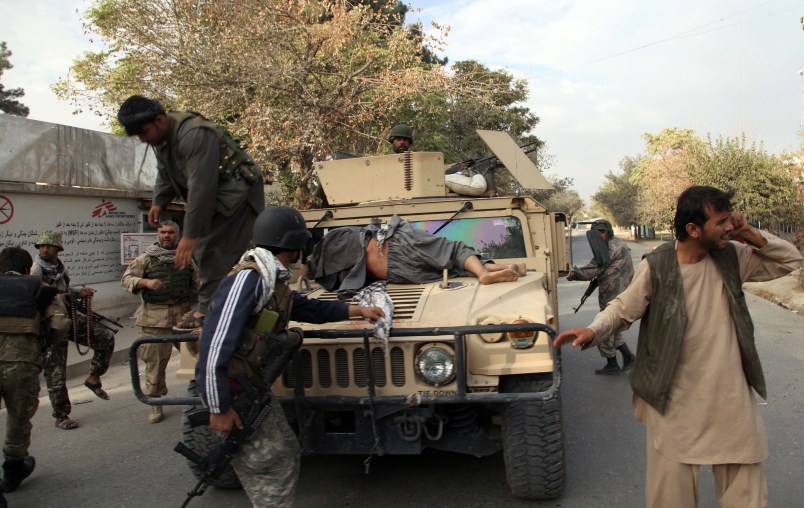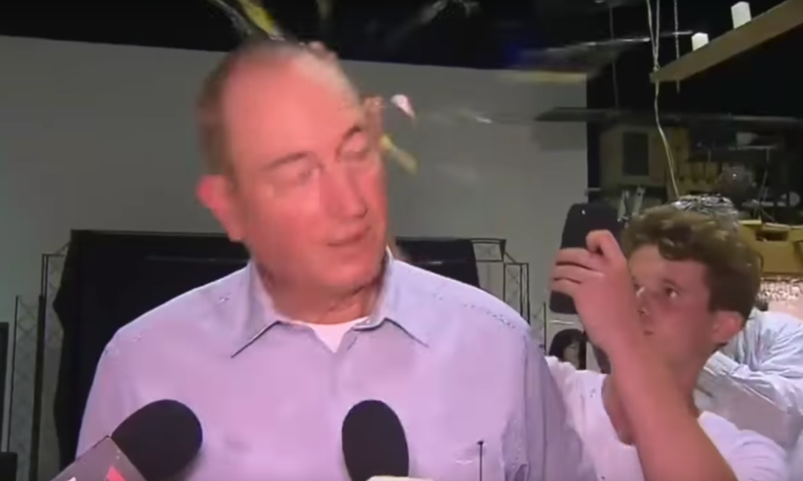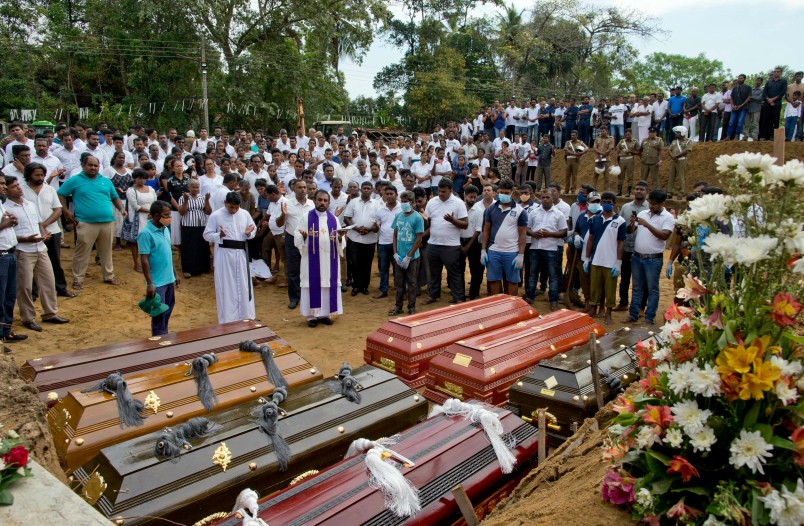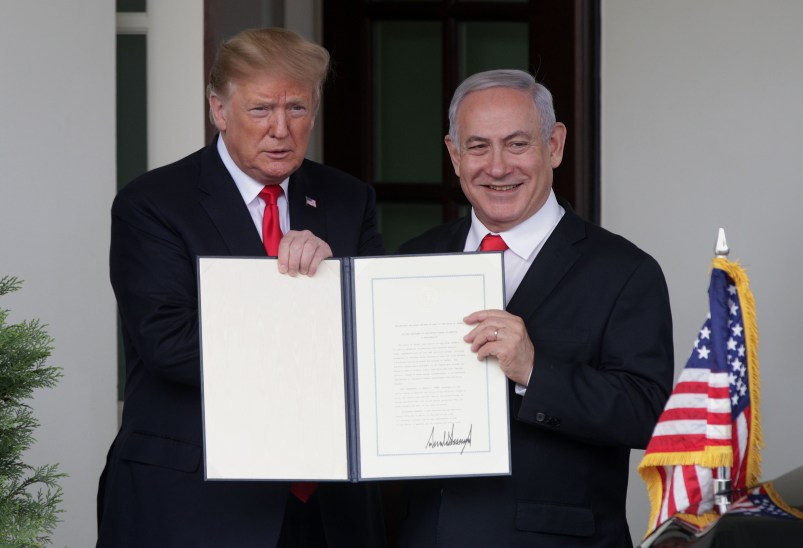KABUL, Afghanistan (AP) — A day after President Barack Obama apologized for a tragic U.S. airstrike that killed at least 22 people at a hospital run by Doctors Without Borders in northern Afghanistan, the medical charity said Thursday it is continuing to press its demand for an independent investigation of the incident.
The Oct. 3 airstrike took place as Afghan forces were fighting to retake the strategic northern city of Kunduz, which was overrun and briefly held last week by the Taliban. The insurgents, who have been massing around the city for months, launched a multi-pronged attack that took authorities by surprise.
Obama on Wednesday apologized to the organization and said the U.S. would examine military procedures to look for better ways to prevent such incidents.
But scarce details on the erroneous strike have only fueled growing condemnation by MSF, as the charity is known under its French acronym, and other aid groups. Along with a dozen hospital staffers, 10 patients were also killed. The airstrike will likely complicate delicate U.S. efforts in Afghanistan.
Speaking to reporters on Thursday in Kabul, MSF’s general director, Christopher Stokes, reiterated the group’s demand for the probe, saying it would be important and a precedent for non-government organizations working in conflict zones worldwide.
Stokes said MSF wanted the International Humanitarian Fact-Finding Commission “to get the facts of what happened, the truth.”
The IHFFC is based in the Swiss capital, Bern. It is made up of diplomats, legal experts, doctors and some former military officials from nine European countries, including Britain and Russia. Created after the Gulf War in 1991, the commission has never deployed a fact-finding mission.
MSF, a Nobel Peace Prize-winning organization that provides medical aid in conflict zones, is awaiting responses to letters it sent Tuesday to 76 countries that signed Article 90 of the additional protocol to the Geneva Conventions, seeking to mobilize the 15-member commission. The Conventions lay out rules on conduct in armed conflict, mostly on protecting noncombatants.
For the commission to be mobilized, a single country would have to call for the fact-finding mission, and the U.S. and Afghanistan — which are not signatories — must also give their consent.
MSF says it has had no response yet from any country.
“It would show a distinct lack of courage if none of the 76 signatories come forward,” Stokes said.
The MSF hospital in Kunduz is no longer operational, which has put severe burden on the city, MSF and Afghan officials have said.
Of the 105 patients who were in the hospital at the time of the bombing, nine have yet to be accounted for; and of a total of 461 staff, 24 are still missing, said Guilhem Molinie, MSF’s representative in Afghanistan.
The organization expects there are still 24 bodies in the debris of the building that was bombed, he added.
Three children who were among the 10 patients who perished were members of the same family, admitted the night before the bombing after their car came under fire, Molinie said.
Government forces continued to battle Thursday to clear insurgents from Kunduz areas. Humanitarian supplies were still not reaching the city in adequate quantities, according to Sayed Sarwar Hussaini, a provincial police spokesman. Police were helping with some food distribution, he added.
Some roads into Kunduz have reopened but the Taliban have been hijacking trucks delivering food and medicines, said civil society activist Zabihullah Majidi. He said medicines purchased with money raised by civil society groups have been destroyed by Taliban on the road from Balkh province, while 150 cartons had made it through.
___
Associated Press write Humayoon Babur in Kabul, Afghanistan, contributed to this story.
Copyright 2015 The Associated Press. All rights reserved. This material may not be published, broadcast, rewritten or redistributed.









